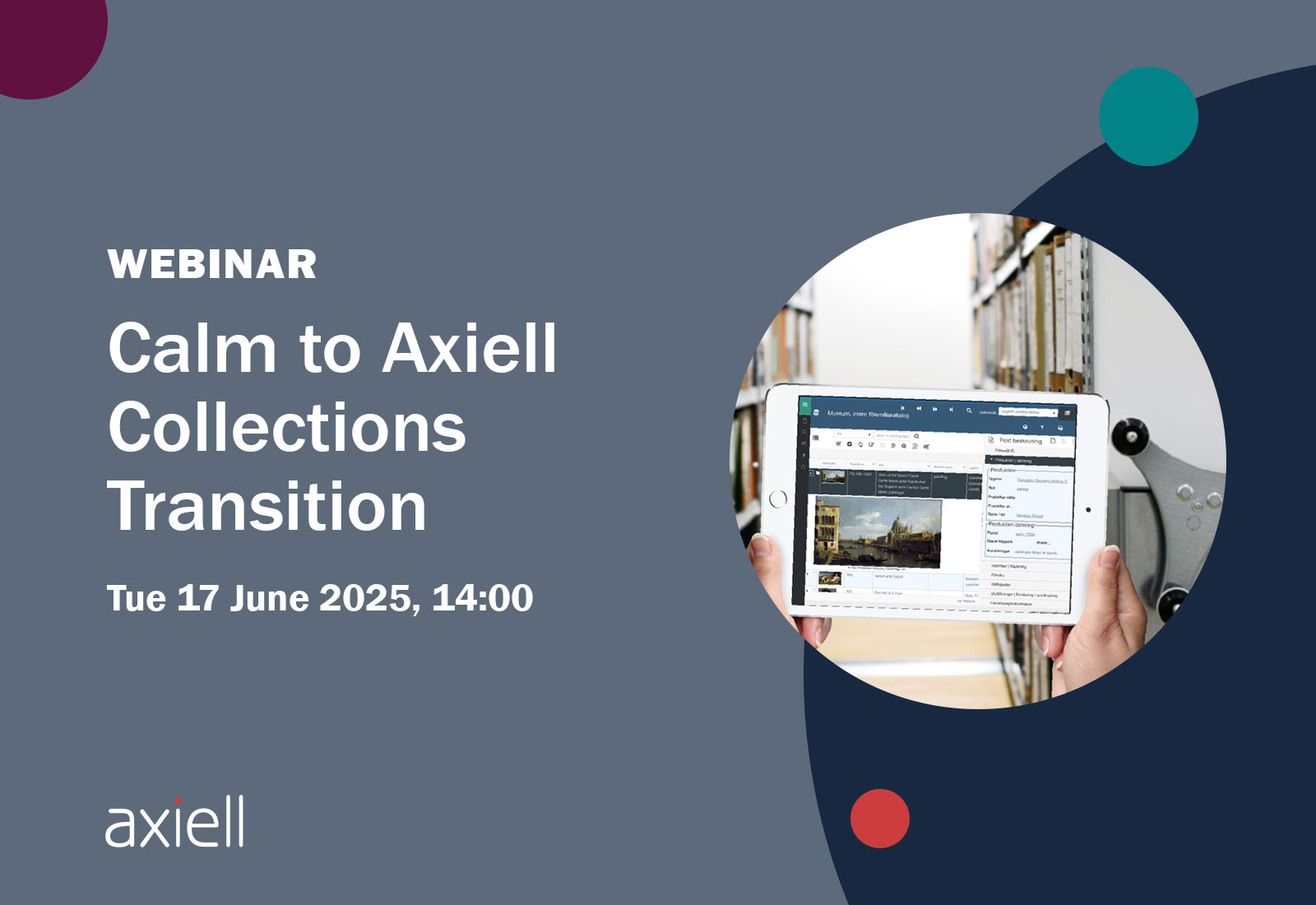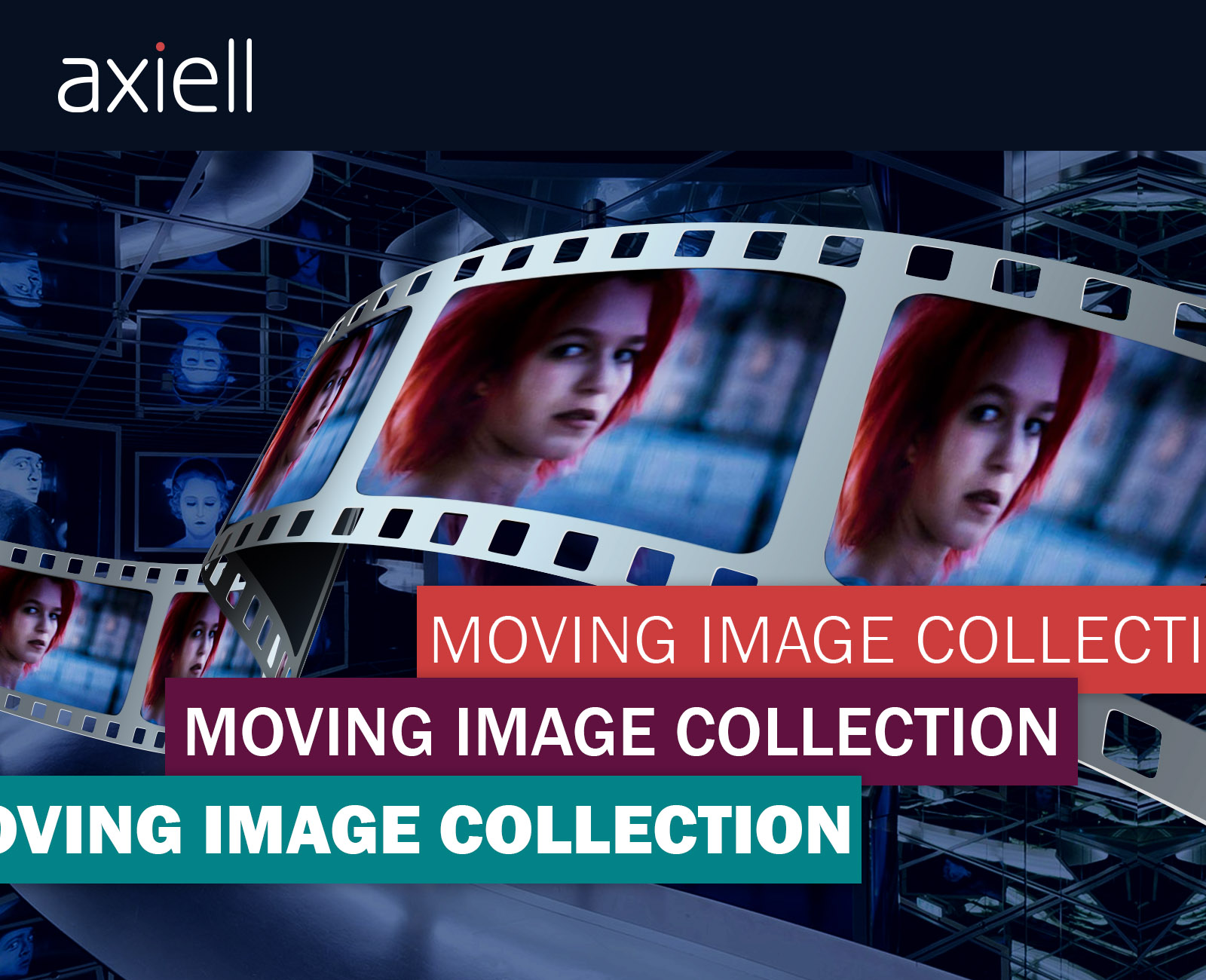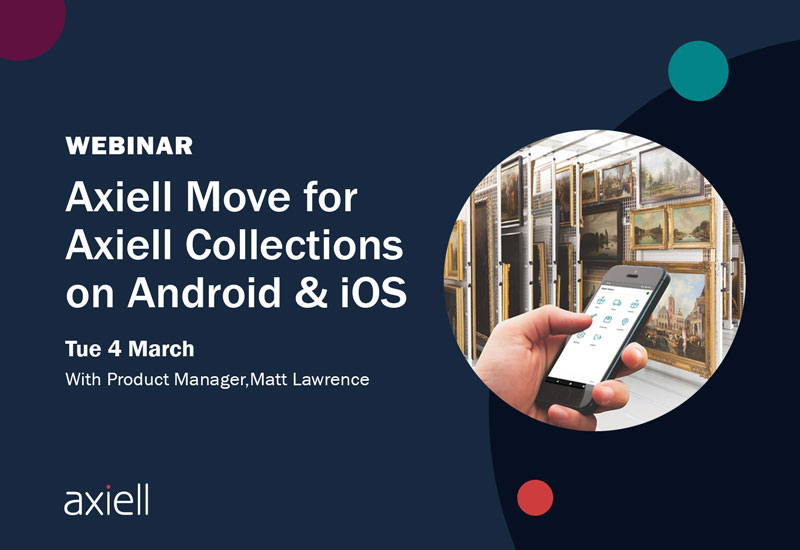Transform the way you manage the library
Transforming the way a library operates seems at the outset to be a rather grand undertaking but many services up and down the country are finding this a necessary step. What’s more, relatively small changes can make a huge difference.
We spoke to David Walters of Tower Hamlets Idea Stores recently about Axiell Spark and the impact of mobile on the way they work. He claimed that moving to a platform that can be operated from mobile devices would help to completely transform the way staff work within a year.
More time on high value commitments
One key transition David hopes to achieve is getting staff away from the desk, away from “mundane transactions” and out around the library where the patrons are. A move to Spark, being cloud-based, facilitates this.
With staff able to spend more time on the high value tasks, they can serve their community better, whilst the library runs more efficiently and effectively.
Take your library to the community
What this represents is a move from “transaction to relation”, not just engaging with the community but involving them, a theme which was prevalent at the recent IFLA Congress in Columbus. Read the full report from the conference here.
However, with yet more research showing a gaping skills gap in the UK, it’s more important than ever that libraries are able to better engage with people in the community, wherever they are.
David and his team at the Idea Stores will take mobile devices out in to the community; on home visits and to events and will take the “full power of the LMS” with Spark. This means they can truly take their library to the community, and serve patrons in a more flexible, relevant and engaging way. The adoption of mobile at Tower Hamlets is just the start, their vision is that within a year they will be able to completely do away with service desks, thanks to the adoption of mobile and self-service technology.
Simple means better outcomes
But across Europe another issue remains. As the IFLA Trend Report, updated in concurrence with the meetup in Columbus, there is also a competency gap with library staff themselves. In order to provide the advice needed to help members of the community cross the digital divide, they themselves need the training and the knowhow on smartphones and tablets.
Libraries up and down the country are increasingly run by a changeable mix of paid, trained staff and volunteers. This mix of skills and experience inevitably puts pressure on libraries as they look to maintain high levels of operational and customer service. One of the driving forces behind the development of Axiell Spark was the desire to deliver a management interface that was, at its core, simple and intuitive to use, so that libraries are able to maintain high standards through the reduced complexity of the tools they use. This landscape means that libraries need to be able to get untrained staff up to speed as quickly and easily as possible, and with Spark, now they can.




